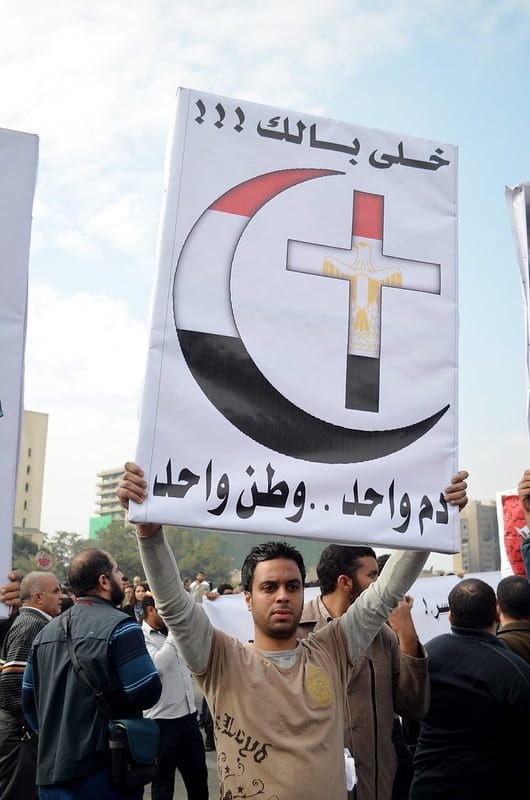Iqbal called Afghanistan “The Heart of Asia” because anything that happens there sends shock waves throughout the entire continent. Since 9/11 Afghanistan is watched warily from around the world, especially with regard to the Taliban and the specter of failed statehood looming. Yet, Afghanistan is loved dearly by its people and seemingly by all who visit there. Join us on February 3rd at 10am as we discuss Afghanistan, its people, and its past and present roles in the world. We will be live on Facebook/mesc.osu – or catch it later as a podcast. You will be able to find the episode here, or nearly anywhere you may listen to podcasts.


